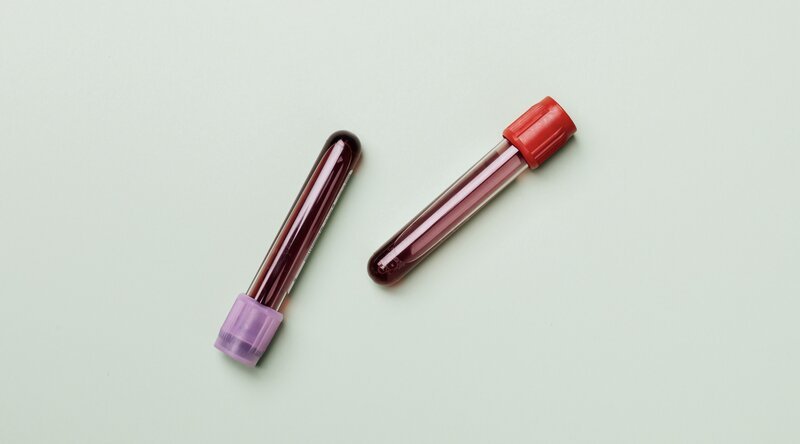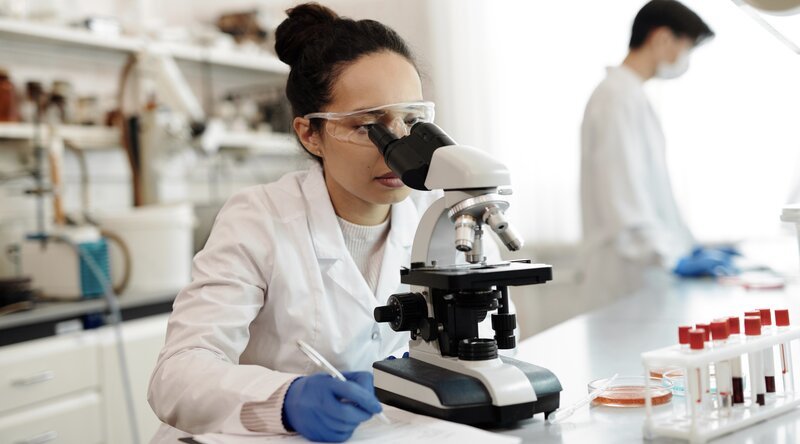
Acute Myeloid Leukemia (AML): Causes, Symptoms, Diagnosis, and Treatment
What is AML?
Acute myeloid leukemia (AML) is a cancer of the blood and bone marrow. It is characterized by the rapid growth of immature white blood cells called blasts. These blasts crowd out healthy blood cells, which can lead to a variety of symptoms, including fatigue, easy bruising, and shortness of breath.
What are the causes of AML?
The exact cause of AML is unknown, but there are a number of factors that may increase the risk of developing the disease, including:
- Age: AML is more common in older adults.
- Exposure to radiation or chemotherapy: These treatments can damage DNA in blood cells, which can lead to AML.
- Certain genetic conditions: People with certain genetic conditions, such as Down syndrome, are at increased risk of developing AML.
- Exposure to certain chemicals: Exposure to certain chemicals, such as benzene, has been linked to an increased risk of AML.
What are the symptoms of AML?
The symptoms of AML can vary depending on the type and severity of the disease. Some common symptoms include:
- Fatigue
- Easy bruising or bleeding
- Shortness of breath
- Bone pain
- Fever
- Weight loss
- Pale skin
- Night sweats
How is AML diagnosed?
AML is diagnosed with a combination of tests, including:
- Complete blood count (CBC): This test measures the number of different types of blood cells in the blood. A low number of red blood cells, white blood cells, or platelets can be a sign of AML.
- Bone marrow biopsy: This test involves taking a small sample of bone marrow and examining it under a microscope. This can help to confirm the diagnosis of AML and determine the type of leukemia.
- Genetic testing: This testing can help to identify specific genetic changes that are associated with AML. This information can be used to guide treatment decisions.
How is AML treated?
The treatment for AML depends on the type and severity of the disease, the patient's age and overall health, and other factors. The most common treatments for AML are:
- Chemotherapy: This is the use of drugs to kill cancer cells. Chemotherapy is often given in combination with other treatments, such as radiation therapy or stem cell transplantation.
- Radiation therapy: This uses high-energy beams to kill cancer cells. Radiation therapy is often used to treat AML in the brain and spinal cord.
- Stem cell transplantation: This is a procedure in which healthy stem cells are transplanted into the patient's body. Stem cells can come from a donor or from the patient's own bone marrow.
What is the prognosis for AML?
The prognosis for AML depends on the type and severity of the disease, the patient's age and overall health, and other factors. The overall survival rate for AML is about 50%. However, the survival rate is much higher for younger patients and for patients who receive treatment early.
How can I get help for AML & Why Choose Recmed Medical Travel Company ?
Recmed Medical Travel Company offers a network of world-class healthcare facilities and experts specializing in AML treatment. Our team ensures that patients receive the best care and support throughout their medical journey. We understand the importance of timely and personalized treatment for AML patients and work diligently to facilitate access to the right medical expertise.
Conclusion
AML is a complex disease that requires prompt diagnosis and appropriate treatment. By offering comprehensive information on AML, Recmed Medical Travel Company aims to empower patients to make informed decisions about their healthcare. For those seeking treatment, our commitment to making healthcare accessible ensures a seamless medical travel experience. Contact us today to learn more about how we can assist you in your AML treatment journey.
Key words: AML, acute myeloid leukemia, cancer, blood cancer, bone marrow cancer, leukemia, treatment, cure, survival rate, Recmed Medical Travel Company
Click this link to connect with our hematology doctors at Recmed Medical - Professors in Hematology and Medical Oncology
LATEST NEWS
Blog Posts


















